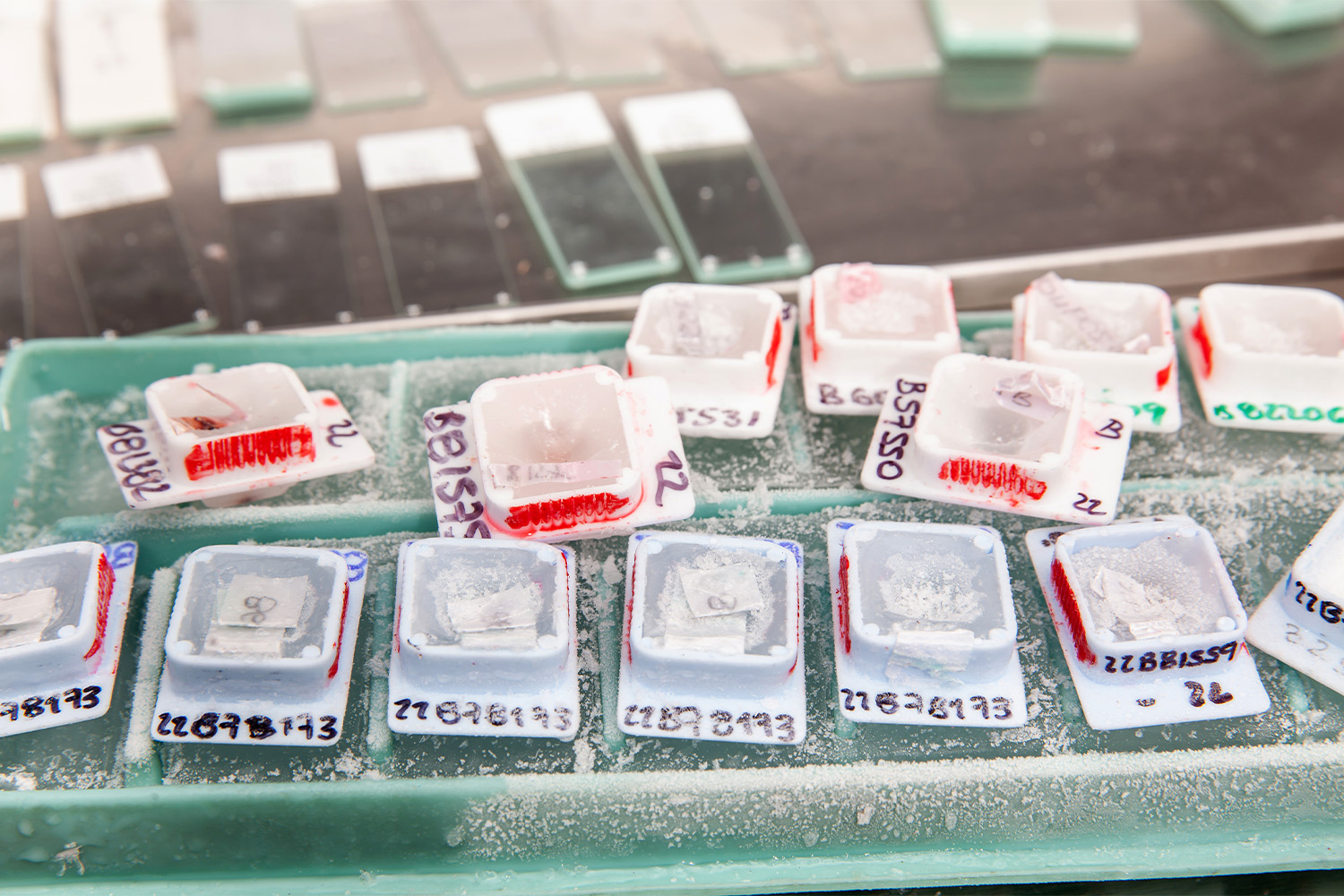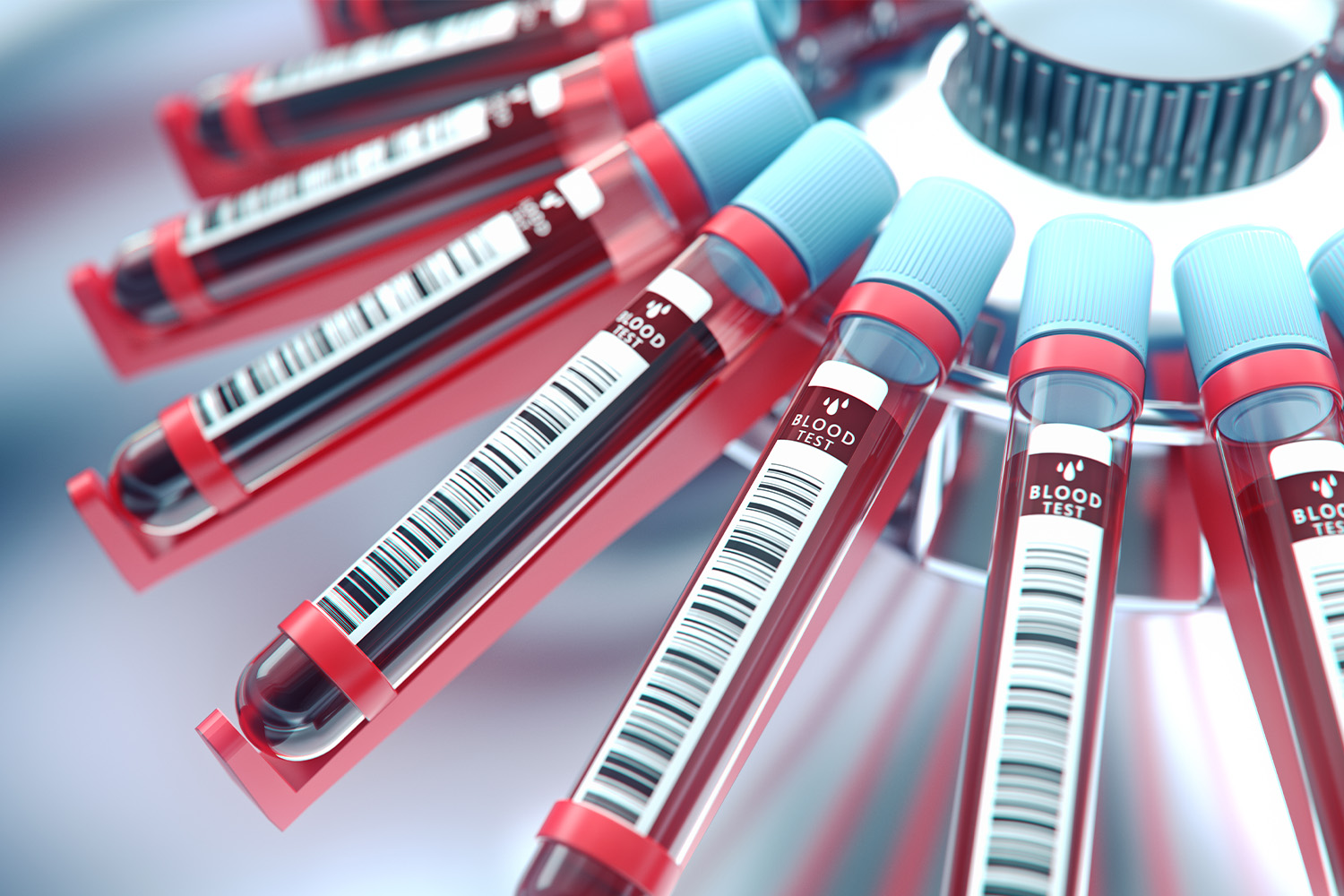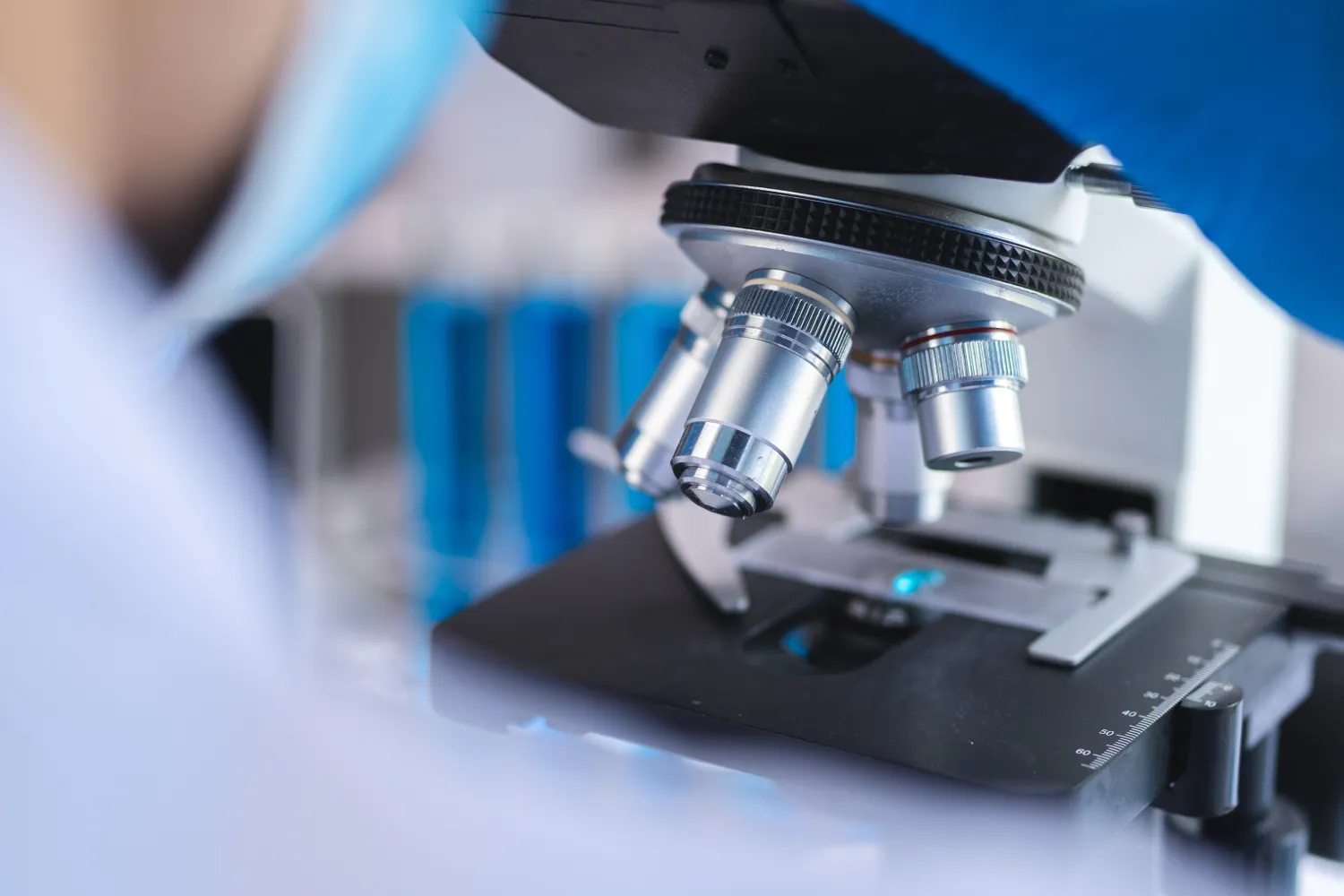Biomarkers, short for “biological markers,” are measurable substances in the human body that offer invaluable insights into our health and the diseases we may face. Their detection can herald the onset of a disease, predict its trajectory, or gauge how it might respond to treatment. As the quest for personalized medicine intensifies, the importance of these biomarkers becomes even more pronounced.
At the forefront of this transformative science is iProcess Global Research. With a stronghold in the biospecimen industry, our organization plays a pivotal role in shaping the future of biomarker research, bridging the gap between theory and tangible medical breakthroughs.
Demystifying Biomarkers: Origins and Evolution
To truly appreciate the value of biomarkers, it’s essential to trace back their roots and understand their evolutionary journey in medical science. The concept of a “biological marker” is not new.
Since ancient times, physicians have relied on visible signs — like a fever or swelling — as indicators of underlying health conditions. But modern biomarkers, as we understand them, are intricate, often molecular signatures that can be detected and measured with precision.
The 20th century witnessed the first wave of these molecular biomarkers, primarily in the form of blood tests that could measure levels of specific proteins or enzymes associated with certain diseases. For instance, the discovery of elevated blood glucose as a marker for diabetes transformed the way the condition was diagnosed and monitored.
The late 20th and early 21st centuries were particularly transformative. The advent of genomics and advanced imaging technologies ushered in a new era where biomarkers could be identified at the genetic, proteomic, and metabolic levels. The Human Genome Project further fueled this advancement by mapping the entire human genome, providing a vast reservoir of potential genetic biomarkers.
Throughout their history, biomarkers have played the dual role of simplifying complex biological processes and offering precise, quantifiable data for clinicians. Their evolution is not just a testament to scientific progress but also a reflection of the growing need for precision in medicine.
What Are the Benefits of Using Biomarkers?
Biomarkers have entrenched themselves as indispensable tools in modern medicine. Their benefits span a broad spectrum, influencing every facet of patient care.
These benefits include:
- Enhanced Diagnostic Precision: Traditional methods often rely on symptomatic presentations, which can sometimes be misleading. Biomarkers, with their molecular precision, can detect diseases with high specificity, reducing the chances of misdiagnosis.
- Proactive Patient Management: Some biomarkers can predict the onset of diseases even before symptoms appear, offering a window of intervention that can significantly alter the disease course.
- Optimized Treatment Strategies: By gauging a patient’s probable response to a specific treatment, biomarkers enable clinicians to choose the most effective therapeutic approach, minimizing trial and error and enhancing patient outcomes.
- Monitoring and Prognosis: Biomarkers offer real-time feedback on how a disease is progressing or how a patient is responding to treatment. This continuous feedback loop is invaluable, ensuring that treatment strategies can be adjusted promptly.
- Drug Development and Clinical Trials: In the realm of pharmaceuticals, biomarkers are instrumental in the early detection of drug efficacy and potential side effects, speeding up the drug development process and ensuring safer, more effective drugs reach the market.
- Economic Efficiency: By streamlining diagnosis, treatment, and monitoring processes, biomarkers can lead to cost savings for healthcare systems, translating to both economic and health benefits on a larger scale.
In essence, biomarkers stand as pillars of precision medicine. They offer a granularity of understanding that transcends traditional methods, ensuring that patient care is not just effective but also efficient. Their influence is far-reaching, and as research continues to unveil new biomarkers, their role in shaping the future of medicine is indisputable.
Challenges and Opportunities: The Future of Biomarker Research
The potential of biomarkers is undeniably vast, acting as a bridge between intricate biological processes and practical healthcare solutions. However, the journey toward fully realizing this potential is laden with challenges that span across scientific, technological, and practical domains.
Data Volume and Analysis
The completion of projects like the Human Genome Project has granted us a treasure trove of genetic data. While this has been groundbreaking, the sheer volume of data poses challenges in extraction, storage, and analysis. Identifying meaningful and clinically relevant biomarkers amidst the vast genomic landscape requires sophisticated tools and expertise.
Standardization and Validation
Ensuring a biomarker’s transition from research to clinical application is no small feat. It demands rigorous validation under varying conditions. Global standardization, from sample collection to data interpretation, is imperative to ensure consistency and reliability across labs and countries.
Integration with Healthcare Systems
Modern biomarker research promises unparalleled benefits, yet the practical integration of these findings into daily clinical procedures remains an uphill task. Seamless alignment with existing healthcare systems, protocols, and practices is essential for these innovations to make a tangible difference in patient care.
Amidst these challenges, however, lie unprecedented opportunities. As biotech firms, academia, and clinical labs come closer in collaboration, we witness a more integrated, holistic approach to biomarker discovery and application.
The synergy between advanced computing, such as AI and machine learning, and genomics presents a realm where complex data can be interpreted faster and more accurately, accelerating the path to tangible healthcare solutions.
Driving Innovations at iProcess Global Research
At iProcess Global Research, we are more than just spectators — we are catalysts, visionaries, and innovators in the biomarker domain. Our deep involvement in the biospecimen industry offers us unique insights into the transformative nature of biomarkers, fueling our passion to drive change and make these discoveries universally accessible.
Collaborative Approach
We staunchly believe in the collective strength of collaboration. By partnering with leading institutions, scientists, and industry experts, we aim to foster an environment where biomarker research thrives, bringing together the brightest minds to tackle complex challenges and expedite the journey from research to real-world applications.
Investment in Technology
Recognizing that the future of biomarker research is intertwined with technology, our commitment goes beyond just financial investments. We constantly update our research methodologies, tools, and facilities to stay ahead of the curve, ensuring that our research is both cutting-edge and relevant.
Education and Advocacy
Beyond the confines of the lab, we are passionate advocates for the transformative potential of biomarkers. By engaging with healthcare professionals, patients, and communities at large, we endeavor to raise awareness, dispel myths, and create an informed discourse about the pivotal role biomarkers play in modern medicine.
In a rapidly evolving medical landscape, where the dream of precision medicine inches closer to reality, our commitment at iProcess Global Research remains steadfast. With a vision that goes beyond mere research, we aim for a future where healthcare isn’t just reactive but proactive, predictive, and personalized, ensuring optimal outcomes for all.
Biomarker Accessibility and Patient Empowerment
In the pursuit of personalized medicine, understanding and harnessing the power of biomarkers is merely the beginning. For the full potential of these markers to be realized, they must be made accessible to all, and the patients at the heart of healthcare must be empowered.
Democratizing Access
As with many advanced medical technologies, there is a danger that biomarker-based diagnostics and treatments might be limited to well-funded research institutions or specialized clinics.
For biomarkers to truly revolutionize medicine, their benefits must reach across socioeconomic barriers. This means fostering collaborations, not just with elite institutions but with community health centers, grassroots researchers, and underserved regions globally.
Patient Awareness and Autonomy
Knowledge is empowerment. When patients understand the biomarkers relevant to their health, they can make more informed decisions about their care.
To this end, many providers actively invest in educational initiatives that describe the importance of biomarkers, not in complex jargon, but in accessible, patient-friendly language. By doing so, they hope to cultivate a generation of patients who are active participants in their health journey rather than passive recipients of care.
Data Privacy and Ethical Considerations
With the increasing importance of genetic and molecular data, ethical considerations around data privacy cannot be ignored. It is our responsibility to ensure that biomarker data is protected and its use is transparent and consensual. We advocate for stringent data protection standards and the ethical use of biomarker data in research and clinical care.
Conclusion
At iProcess Global Research, we stand at the intersection of innovation, accessibility, and a vision for a healthier future. The journey of biomarkers, from their historical significance to their future potential, underscores the evolution of medicine itself. As we delve deeper into the mysteries of the human body, we are reminded of the boundless opportunities that lie ahead.
With a blend of collaboration, technology, and advocacy, we are steadfast in our commitment to propel biomarker research to new heights, ensuring a future where healthcare is personalized, predictive, and accessible to all.
Sources:
The History of Biomarkers: How Far Have We Come? | NCBI




